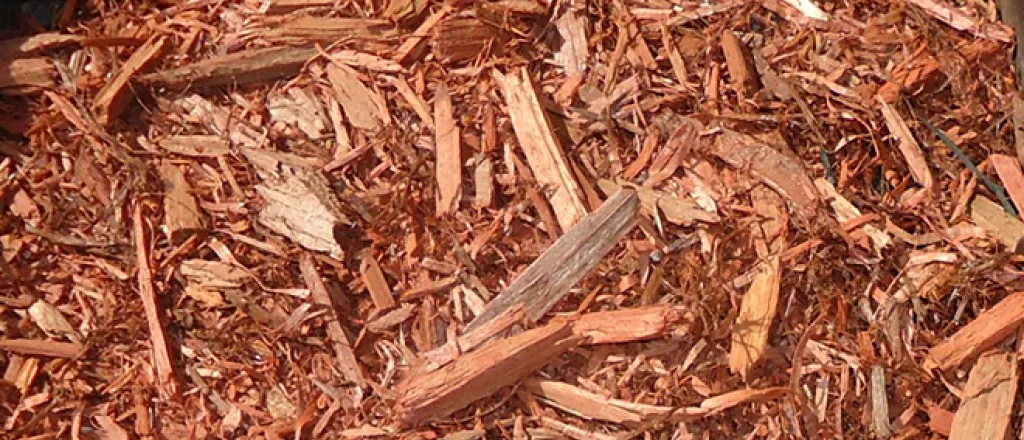
Report: Biomass outpaces emissions of other fossil fuels
Click play to listen to this article.
(Virginia News Connection) A new report found woody biomass is worse for the environment than other fossil fuels.
The study showed biomass facility emissions are almost three times higher than other fossil fuel energies. It also finds biomass contributes 3 percent to 17 percent of the emissions from the entire U.S. energy sector.
Virginia Governor Glenn Youngkin has said biomass will be part of his All of the Above Energy Plan.
Edie Juno, forestry specialist for the National Wildlife Federation and co-author of the study, said along with environmental effects, biomass poses a risk to human health.
"With particulate matter for example, you're going to see respiratory issues and illnesses, and even increased risk of premature mortality," Juno reported. "Others are going to be irritants to the nose and to mucous membranes and tissues. There are even some that are carcinogenic."
She pointed out policymakers can use the report to better consider the carbon implications of energy sources.
While Virginia is supposed to be climate neutral by 2050, amendments have been approved to keep biomass plants open. Only one state, Massachusetts, removed woody biomass from its renewable energy portfolio for the hazards it creates.
Although biomass does not make up even a quarter of U.S. energy production, the study found some facilities are not part of current inventories, which means the sector's emissions could be underestimated.
Sarav Arunachalam, professor and deputy director of the Institute for the Environment at the University of North Carolina and the study's senior author, described how it can be seen in widespread effects on communities.
"It's possible, based upon the prevailing winds, the pollution may be going away from where people live, but we don't know," Arunachalam acknowledged. "But the fact that we have over 2 million people in the U.S. living within a couple of kilometers from a facility, I think that's a big number you want to watch out for."
Biomass is only considered a renewable energy because trees grow back. But Arunachalam and Juno noted it takes several decades before trees grow to the point they can be cut down for energy use.

















